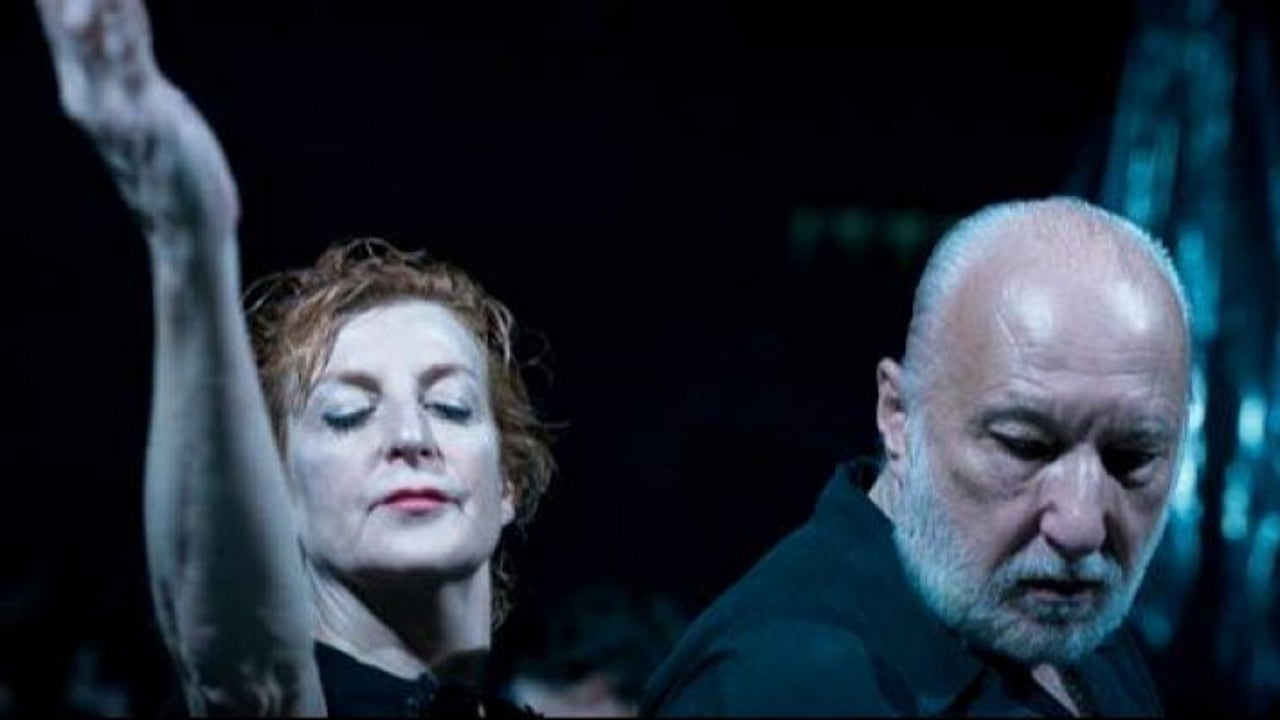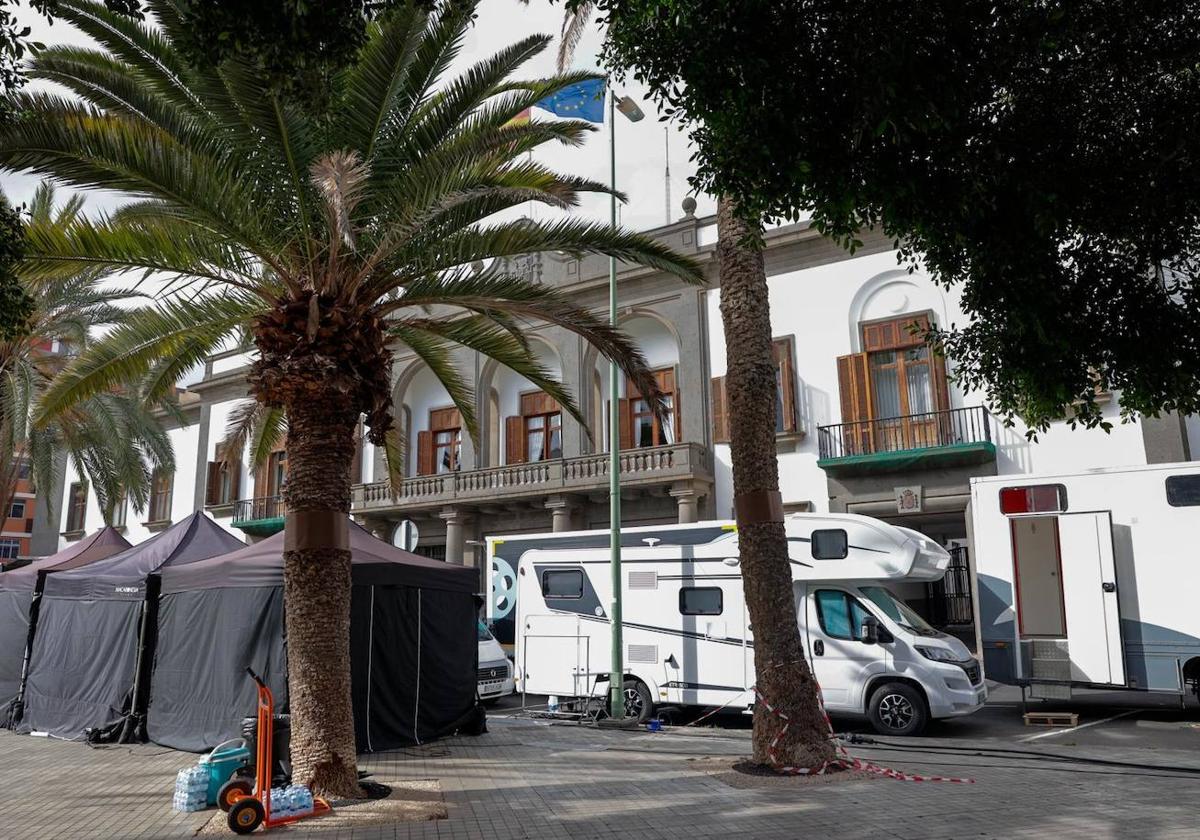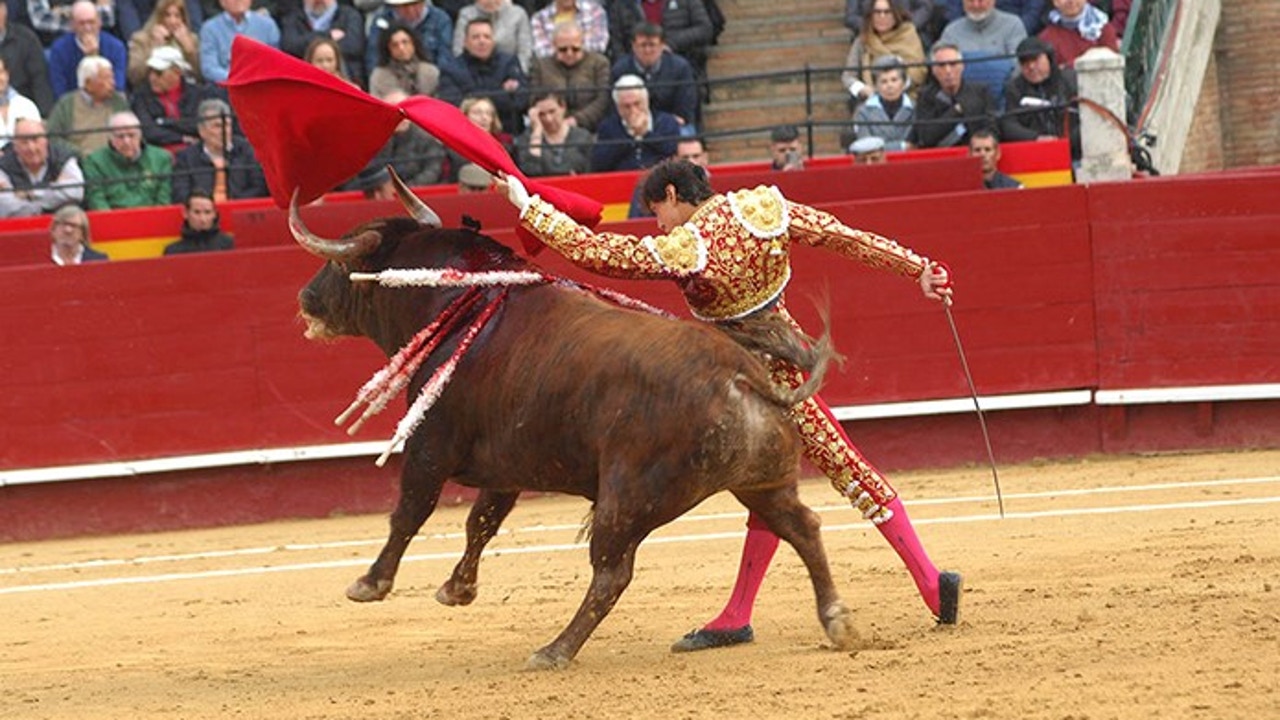8-M: An own room: An 8-M with Virginia Woolf | Babelia

Virginia Woolf wrote Own room in 1929, but the book is still remembered as one of the founding texts of feminism, a pioneer in the claim of economic independence and an emancipation space for women. Proof of its validity is that the actress Clara Sanchis (Teruel, 1968) premiered a theatrical version of the essay in 2016 with such a good reception that it is still on tour (Zaragoza in April, Barcelona and Salamanca in autumn). On the eve of 8-M, Babelia He has met this interpreter with the writer Andrea Valdés (Barcelona, 1979) to explore their current resonances and reflect on the possible rooms that are still closed today.
First reading
ANDREA VALDÉS. I read it for the first time when I was 24 years old. At that time I had no relationship with feminism, in fact I would say that I was lazy. But it was important to focus on the material conditions you need to write, because at that time I was considering writing as a life option.
CLARA SANCHIS. For me it marked a before and after in my relationship with feminism, with myself and with the rest of the women. It was a revelation and it is amazing that it was because I read it older, with thirty-odd years. It moved me, it made me cry, it moved me, it caused me anger, a lot of sadness, anguish. I was also surprised that I, coming from a family so close to the culture [es hija del dramaturgo José Sanchis Sinisterra y la actriz y directora Magüi Mira], I didn't know so many things that are in this book. I had been a girl pianist and one day, when I was older, I realized that I had not played any score composed of any woman. And when I asked myself with other colleagues why, we thought of psychological and other similar reasons. But Virginia Woolf arrives and dares to raise the cause of money. Then you understand all that feminine past so hard. It made me think of my grandmother, my mother, myself and my own shortcomings, in so many insecurities.
A tradition without women
A. V. A very interesting thing about Virginia Woolf is that he dialogues with dead writers. With Shakespeare, with De Quincey. It teaches you that literature is a chain, that you are an autonomous being but you come from a tradition. And the problem she points out is precisely that women have a truncated tradition. He goes to the Elizabethan era and there is such a silence that he has to evoke Shakespeare's dead sister and assume that he would have been a great poet. It would be a mistake to dilute Virginia Woolf as a woman who has stayed in the first feminism, because she writes in a way that allows you to dialogue with her. That dialogue he establishes with writers of the past also projects him into the future.
C. S. That chain feeling is now very strong. One of the things that has happened to us is that the patriarchal structure has divided us, confronted us among us. She instead builds a chain of union and makes you connect with women you have not met and suddenly they explain things that happen to you. On the other hand, another of the great achievements of this book is its complexity: how, for example, it describes the mechanism of submission as a way to grow by making the other smaller. It is important to appeal to this complexity in this moment of feminism that we are living, which is so difficult and wonderful at the same time and that, like everything that becomes a mass phenomenon (luckily in this case), it has the danger of simplification.
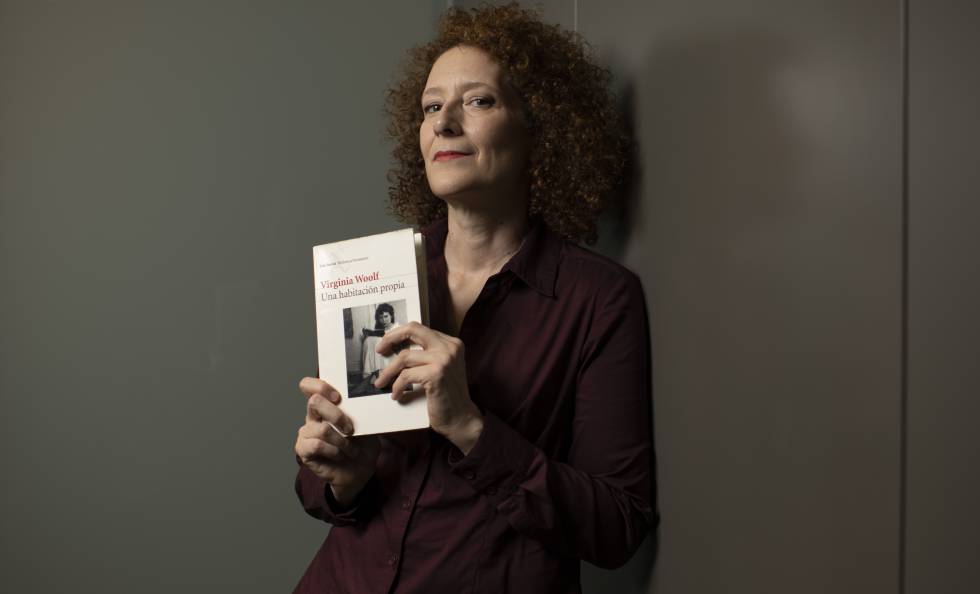
Today's room
C. S. The room we need today? Silence and concentration.
A. V. Yes, there is so much noise ... For me, today's own room is represented in the work of Gloria Anzaldúa (writer, feminist and Chicano activist, who died in 2004), which in some way constitutes a counter-reply to Woolf's. Anzaldúa writes from an opposite circumstance, that of a woman who lives on a border, who does not have a piece of land: she is not only Chicana, but is listed as queer Lesbian, poor ... That is, everything that is considered an enemy of literature. Because it gives the impression that for Woolf, poverty is the enemy of literature, but we should see what we understand by literature.
C. S. I disagree. She is accused of looking from a bourgeois place, but reading her diaries I am not sure it is. In 1929 it was an absolute and radical revolution to have the courage to show women how to be material, when it was always a "being of love."
A. V. It's true, but it has an intonation that can lead people to think "this roll doesn't work for me." Because sometimes violence demands violent language. And she doesn't have it.
The woman concept
A. V. It doesn't seem bad to me that the idea of a woman is being questioned until it is diluted. It is healthy and hopeful that feminists fight. Feminism is a critical theory, but also a practice, and problems arise because different problems generate very different priorities. Just go to Latin America to see it.
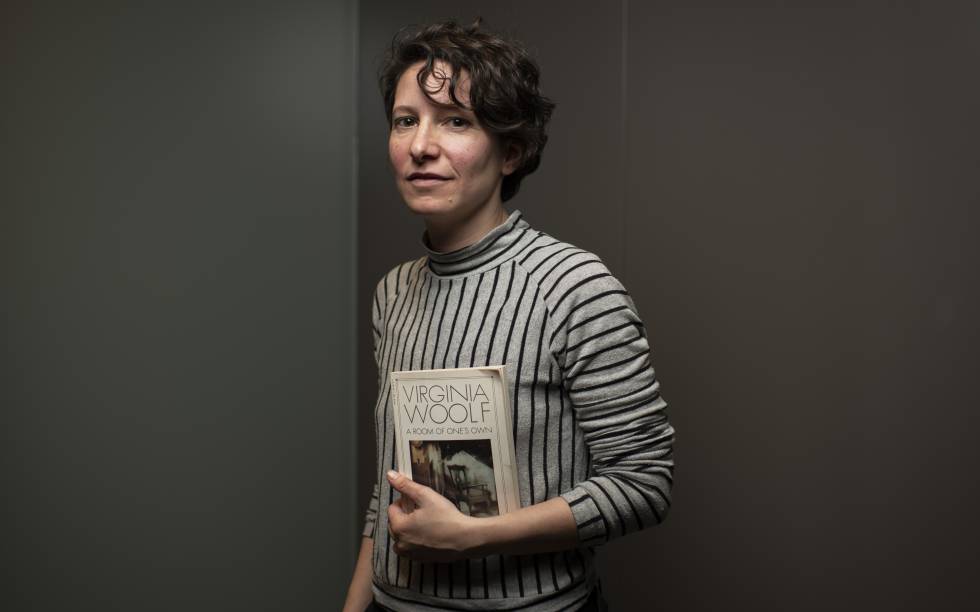
C. S. Do you remember when Woolf searches for data about writers in the Elizabethan era, he finds nothing and begins to say: "Women, women, women ... aren't you fed up with that word?"
A. V. That is why his idea of the writer as an androgynous entity is very interesting. You are already thinking that maybe to write you have to be above the genres.
C. S. The wonder is that we are now living what she raised about the androgynous mind. There was an exacerbation of the role of women. From my side of actress it is very clear. It was a disguise, an overacting. What is feminine and what is masculine? Simplifying reduces you as a human being, it takes away possibilities. Comicity, for example, has been allowed much more for men than women. Luckily, over the years the physical behavior of actresses on stage has changed. In that the entry of female directors is very noticeable. We have been freeing. We allow ourselves to be more energetic and use our body with more freedom, occupy more space. Our voice is getting wider, with other records. There was a female imposition and a male imposition. Now the actors allow themselves to cry.
A. V. It is true. Now you see an old movie and the squeaky role ... The cinema is still very classist. Only the middle class is represented. And when you see Rome You say, "Very good, but let's see when the maid makes her movie."
Literature and classism
A. V. I believe that the maid of Rome He has already written his novel. Another thing is how it circulates. People do not read. We are marginal. But I do believe that there are authors who are writing from places that are not predictable in literature. A very good example: Cristina Morales. And you have to think, for example, that for a Latin American writer, access to writing is very different. What is it like to write in Brazil as a black woman and coming from a favela? They are still fighting for access to sites that you take for granted.
C. S. That's why having "a room of your own is so important." What will the cashier at the supermarket who gets up at six in the morning write, leads the children to I don't know where and returns home at nine in the evening? What will you write if you arrive exhausted?
A feminist reference book
A. V. Two books that I now see as feminists I did not read as such. I had no conscience. One is Orlando, in the wonderful translation of Borges, who was not interested in feminism. The other, Frankenstein, which is a book trans, with reclining layers. In the end it is a bug, its shape is that of Frankenstein himself.
C. S. For me, I've already told you, it was Own room. Then I read a lot to Jumpa Lahiri, Unusual land, for example. And to Icelandic Auður Ava Ólafsdóttir, author of The woman is an island or Candid rose.
The equivalent of Virginia Woolf in her generation
C. S. ¿Chimamanda?
A. V. It could be, although it would not be my choice. For me it has been important Paul B. Precious. A book like Testo junkie, which is itself a mixture of genres. It is a book of its time, it is breaking forms, inventing others and generating contradictions. Take things to the transgender, to the pharmacopoeia ... Virginie Despentes not so much, but the King Kong theory It struck me a lot. How he takes something that should be a weakness (a violation) and makes it his strong point. But I don't know what are the referents of feminism for someone of 20 years. Is she a writer or a youtuber?

